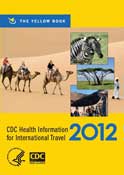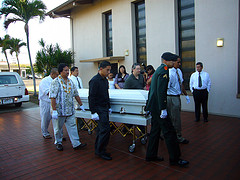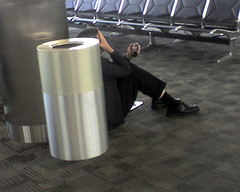 The covered reasons for trip cancellation are a common source of confusion (and, in some cases, dissatisfaction) in the review comments. Often, those purchasing travel insurance think they can cancel their trip simply because they need to cancel for their own reasons. We recently had a question about whether trip cancellation coverage included canceling due to a flooded residence.
The covered reasons for trip cancellation are a common source of confusion (and, in some cases, dissatisfaction) in the review comments. Often, those purchasing travel insurance think they can cancel their trip simply because they need to cancel for their own reasons. We recently had a question about whether trip cancellation coverage included canceling due to a flooded residence.
Just as with any insurance plan, the key to understanding what you’re covered for is reading the policy. Lucky for all of us, the description of coverage for travel insurance plans is much easier to understand than the typical homeowner’s or automobile insurance plan.
All that being said, some travel insurance plans do allow the insured to cancel their trip if their primary residence is rendered uninhabitable due to a natural disaster. The key is understanding these terms: uninhabitable and natural disaster.
We’ll use Travel Guard’s Gold plan because as an example because it covers trip cancellations when “the Insured’s Primary Residence or Destination is [being] made Uninhabitable by Natural Disaster, vandalism, or burglary.†All quoted and italicized text bits in this post are copied directly from the Gold plan’s current description of coverage.
Plan Language
Let’s look at some travel insurance plan language that should make this a little clearer.
Using Travel Guard’s Gold plan as an example, they define a natural disaster as “a flood, hurricane, tornado, earthquake, fire, wildfire, volcanic eruption, or blizzard that is due to natural causesâ€.
The plan language also includes a definition for uninhabitable. It means “(1) the building structure itself is unstable and there is a risk of collapse in whole or in part; (2) there is exterior or structural damage allowing elemental intrusion, such as rain, wind, hail or flood; (3) immediate safety hazards have yet to be cleared, such as debris on roofs or downed electrical lines; or (4) the rental property is without electricity or water.â€
So what does all that mean really?
Travel Guard’s Gold plan language is similar to that of many travel insurance plans in that it spells out the covered reasons for trip cancellation and the definitions of the terms. This means that a disaster such as a flood qualifies as a covered reason for cancelling your trip when your primary residence (or your destination residence) is so badly damaged that it’s unsuitable for living in.
What isn’t covered?
The text from the Gold plan makes it clear that you cannot cancel your trip for reimbursement simply because your home flooded and you want to stay home and supervise the insurance details and/or repairs. The residence must be damaged to the point that it cannot be lived in. Nor can you cancel your trip because you are worried about the potential for flooding in your area.
Best Bet for Flood Protection
Your best bet if you are concerned about the potential for flooding is the ‘cancel for any reason’ coverage, which is usually an optional upgrade to most travel insurance plans. This coverage will let you cancel your trip – for any reason at all – up to 48 hours prior to your scheduled departure.







